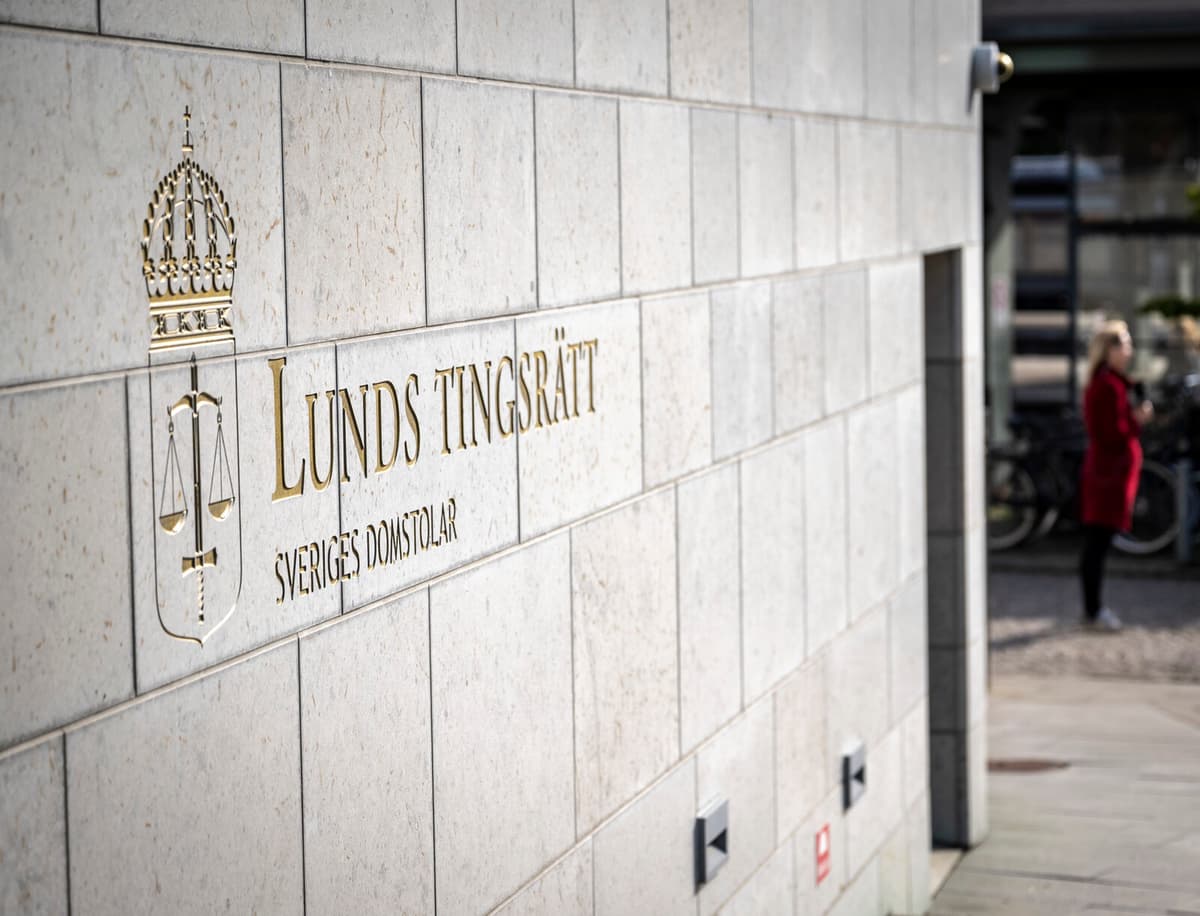Five years in prison was the verdict in the Lund District Court for Nytorgsmannen Fredrik Lundgren, who is now collectively convicted of eight rapes and a large number of other sex crimes. This makes him one of Sweden's worst serial rapists.
It is with cases like Nytorgsmannen in mind that the government has proposed a new law, where repeat offenders can be locked up for an indefinite period. But the law has been proposed to come into force as early as next March.
Serious crimes
The law on so-called security sentences can be directed against those who have committed serious violent or assault crimes and relapse, or have a "significant risk" of relapse. The purpose is to protect society even in cases where life imprisonment cannot be considered, such as in cases with serial rapists.
Magnus Ulväng, professor of criminal law at Uppsala University, believes that the sentence could be relevant for serial offenders who commit repeated rapes or pedophile crimes.
Then it is not entirely unreasonable with that type of security sentence, Ulväng believes.
The question is who will decide who belongs to that category. The investigation has not spent time defining it either, according to Ulväng.
It must become clear who we are talking about. If you make it too easy and decide that everyone who, for example, engages in gang crime should be locked up for an indefinite period, then it has gone too far.
Norwegian and Danish laws
But similar legislation already exists in Norway and Denmark. There, repeat offenders or persons convicted of very serious crimes can be sentenced to indefinite detention. It often has an outer limit, but can be extended by five years at a time.
Ulväng does not want to comment on the case with Nytorgsmannen, but is generally skeptical of whether security sentences are the right way to deal with repeat offenders. The detention sentence, which was based on the fact that some offenders were incorrigible, was abolished in Sweden in 1981, among other things because it was considered too legally uncertain.
The entire approach has long since been abandoned. Every time you take on the task of categorizing people as irresponsible or socially dangerous, you risk moving towards a deterministic view of human beings, that those who commit a certain type of crime are chronically incorrigible, he says.
The cornerstone in questions of punishment is, according to Magnus Ulvhag, that punishment should always constitute a fair retribution for what the perpetrator has done.
The number of crimes where the perpetrator commits further crimes within a year has increased. In 2016, there were 66,039 people who had a relapse within a year, after an initial event in 2016. In 2022, the corresponding figure had risen to 75,755 people.
In order to address, among other things, repeat crimes, M, KD, SD, and L have proposed a new, indefinite deprivation of liberty, so-called security sentence, a Swedish equivalent to Norway's and Denmark's "detention".
The sentence can be imposed on persons who have committed serious violent crimes and have a high risk of relapse. The new law is proposed to come into force on 1 March 2026.
Source: The Swedish National Council for Crime Prevention (Brå) and the Riksdag.






